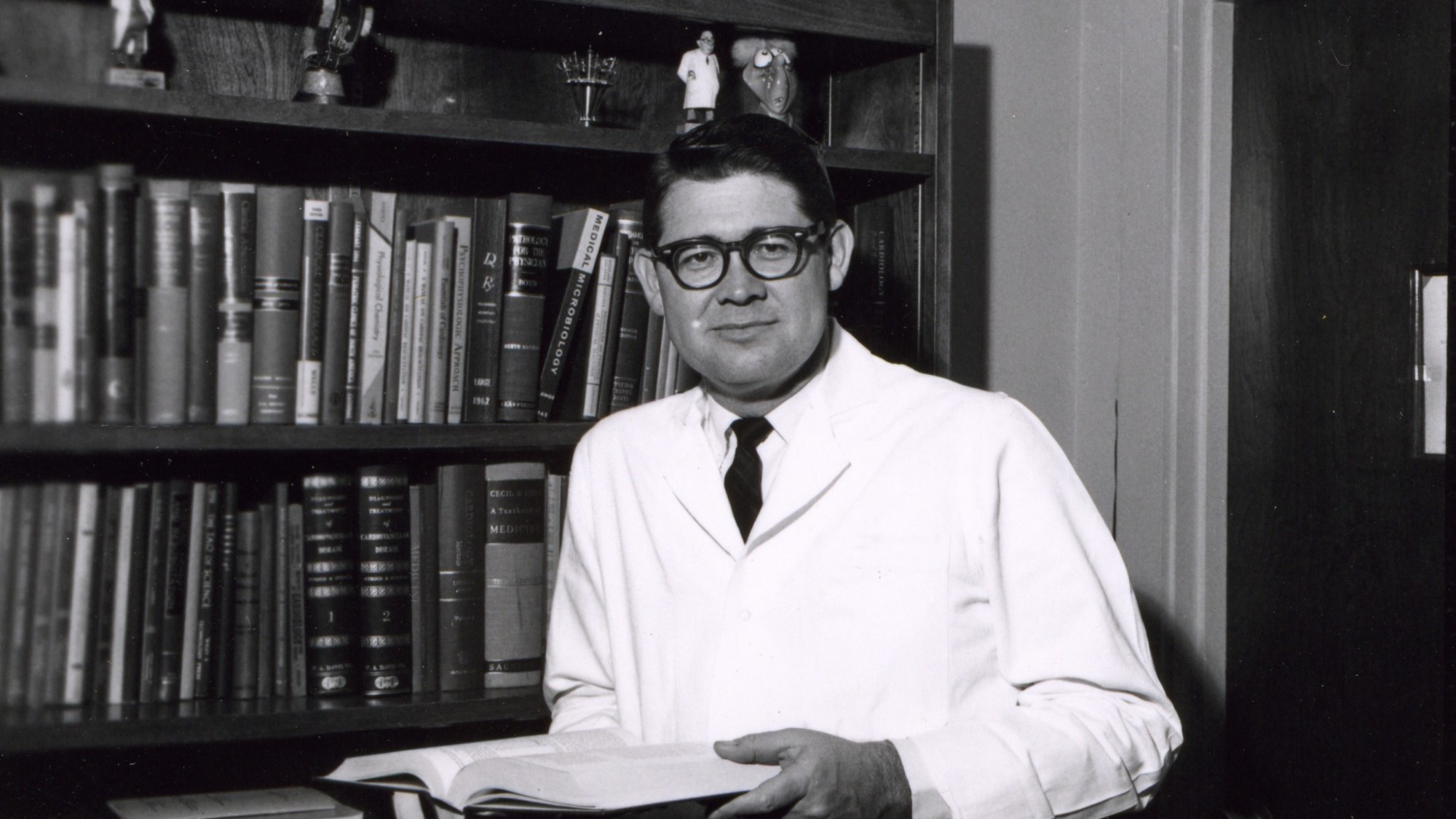1954
The Department Foundation: Seeds of Public Health
Charles A. LeMaistre, M.D., who served in the US Public Health Service Epidemic Intelligence Service, joined the Emory School of Medicine faculty in 1954 as the director of the first Clinical Infectious Diseases program, housed in the Emory Department of Medicine. Given his public health background and interests, he was well-positioned to become the first Chairman of the Emory Department of Preventive Medicine and Community Health.
1957
The Department Home Builder
Dr. J. Willis Hurst, a cardiologist and good friend of Dr. Eugene Stead, became the Chairman of the Department of Medicine in 1957 serving until 1986. Dr. Hurst was responsible for the creation of the predecessor of the Emory Physician Assistant Program, modeled after a program Dr. Stead had created at Duke. Dr. Hurst's program, initially a hospital-based cardiology specialty program, was located at Grady Memorial Hospital.
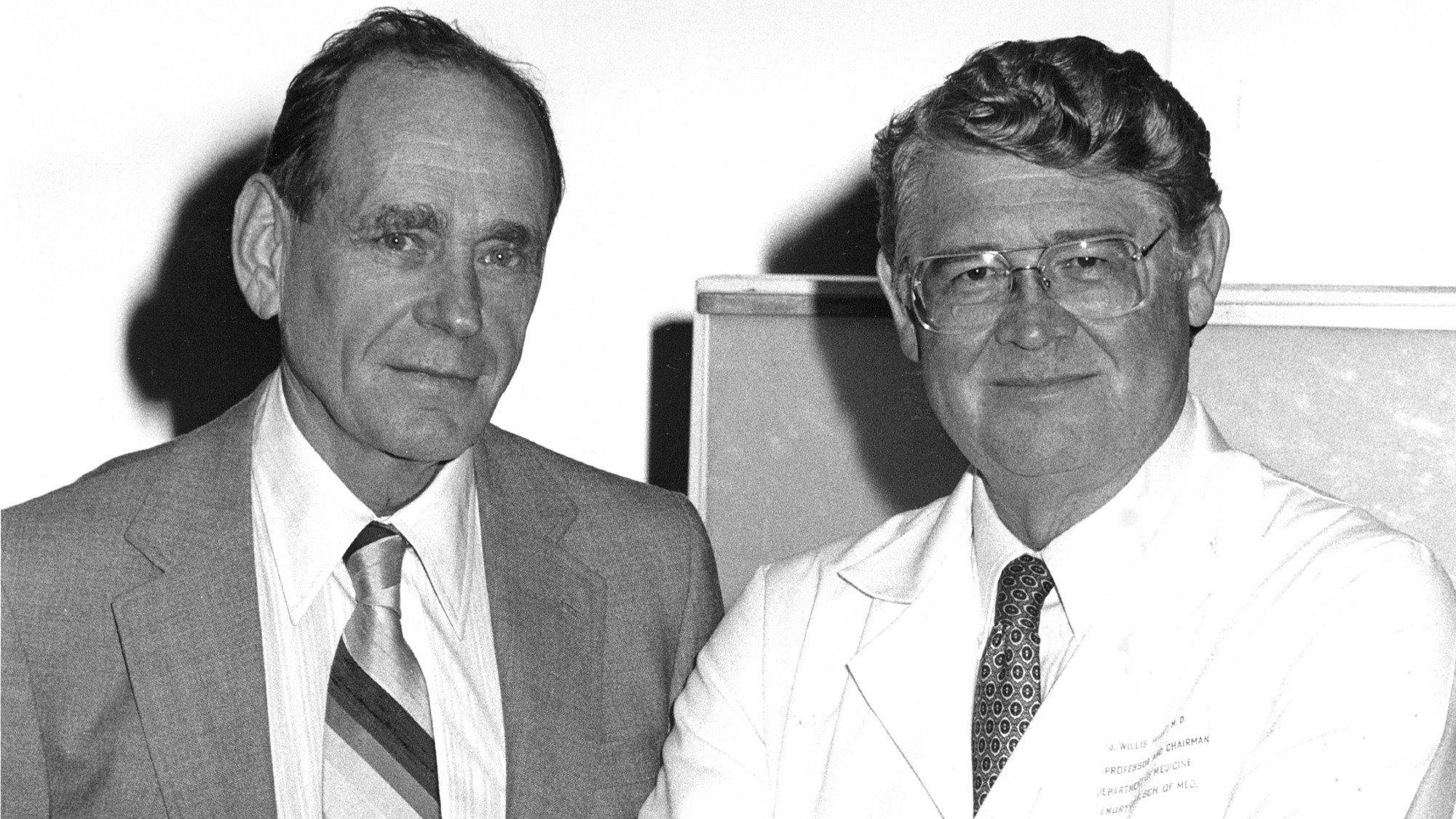
1958
The Department Roofer
Dr. Thomas F. Sellers, son of Dr. Thomas Fort Sellers, Sr., a public health leader in Georgia for 42 years, trained under Dr. LaMeistre and became the next Chair of the Department of Preventive Medicine and Community Health at Emory in 1958. Dr. Sellers and friend Dr. William Marine created a master of community health program, housed in the Department of Preventive Medicine.
1960
Department Home Additions
In 1960, Dr. Sellers assumed responsibility as Chairman of the Department of Preventive Medicine and Community Health (DPMCH).
1967
Start of the PA program
In 1967, Dr. J. Willis Hurst's Medical Cardiology Specialist Program at Grady Memorial Hospital for Medics returning from the Vietnam war was moved to the Emory campus and became the addition of the Grady satellite clinics, the Physician Assistant program, the community health master program, and the 1988 HRSA-funded Southeast AIDS Training and Education Center, the DPMCH began to take on a focus of primary care, infectious disease research, health professions, education, and community-based care for medically underserved populations. Dr. Sellers chronicled his experiences at Emory in his delightful book, What's Up, Doc?: A Lifetime in Medicine, 1946-1990.
Dr. James Glenn, new Dean of the Emory School of Medicine, and Dr. Sellers decided to house the PA program, the emergency clinic residency and the chaplaincy program in the DPMCH.
1974
Master of Community Health Program was created
In 1974, the Master of Community Health Program was approved by the Emory Board of Trustees Rollins School of Public Health and Office of Medical Education in the School of Medicine. Dr. Eugene Gangarosa, a world expert in waterborne diseases, joined Emory in 1982 to direct the community health program.
1988
Expansion of Focus Areas in Department
With the addition of the Grady satellite clinics, the Physician Assistant program, the community health master program, and the 1988 HRSA-funded Southeast AIDS Training and Education Center, the DPMCH began to take on a focus of primary care, infectious disease research, health professions, education, and community-based care for medically underserved populations.
1988-1996
Preparing for the Future of Emory Family and Preventive Medicine
Dr. Jeffery Houpt, Dean of the School of Medicine from 1988 until 1996 understood the need for training primary care physicians and continuing supporting public health education and research. In 1993, he recruited Dr. Lawrence Lutz from the University of Colorado, where he served as the Director of ASPN, to develop a Family Medicine Residency program. Dr. Lutz was a Robert Wood Johnson fellow at the University of Utah, where he completed his Preventive Medicine and was the Director of the Family Practice Residency Program, Division Chief, and Fellowship Director. The Department of Community and Preventive Medicine until then had no clinical services other than through the Grady Hospital Neighborhood Health Centers. Dr. Lutz established both the Family Medicine and Preventive Medicine Residency Programs, and in 1994 became the Chair of the newly named Department of Family and Preventive Medicine.
1990
Evolution of School of Public Health
In 1990, the community health master's program evolved to the new School of Public Health with Dr. James Curran as the Dean.
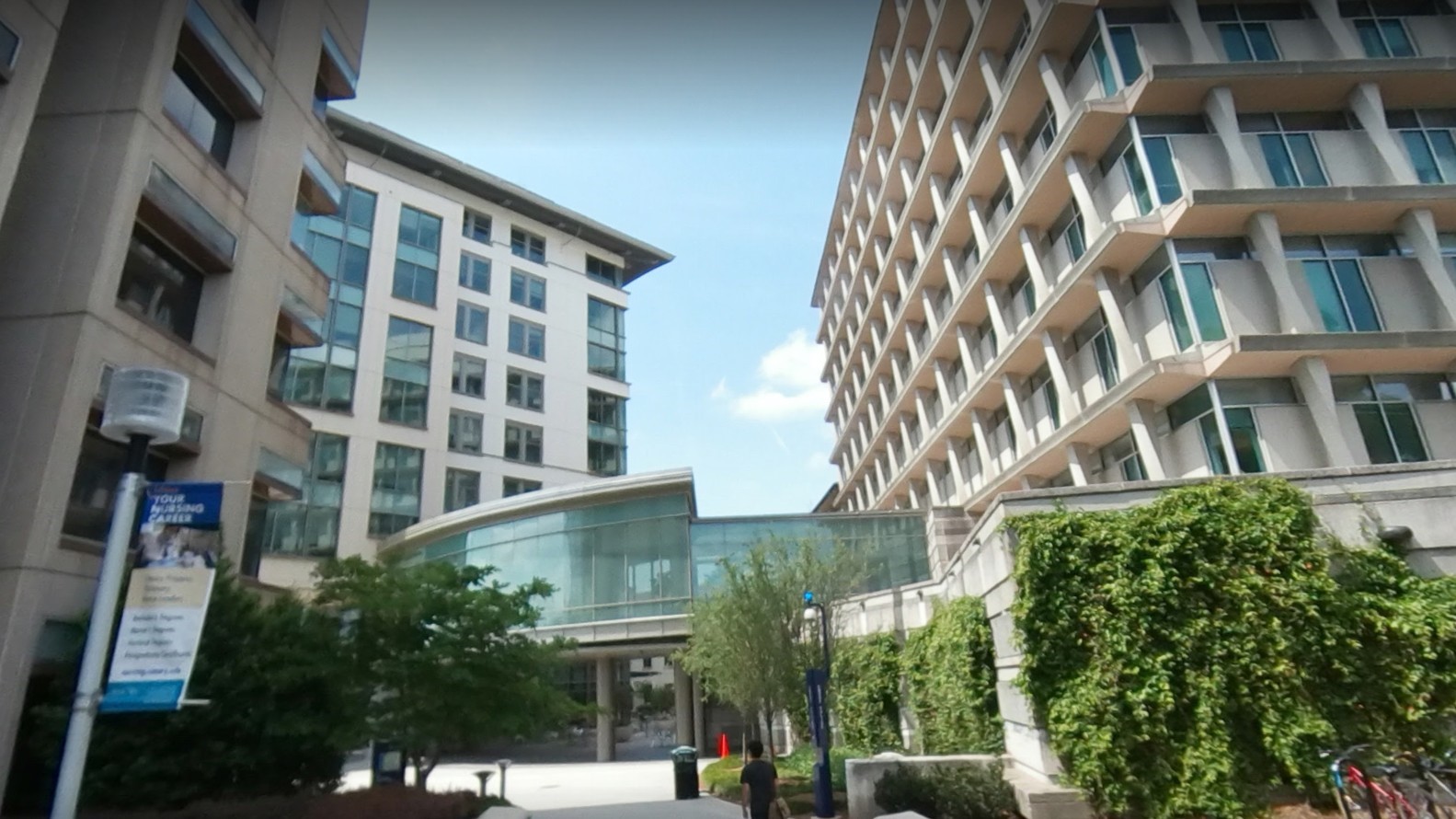
1998
Clinic site moves
The Emory Family Medicine Residency program and clinical practice were initially housed at Crawford W. Long Hospital (now Emory University Hospital Midtown) and the Family Medicine Center at South DeKalb. In 1998, the group moved to the Emory/HCA, LLC in the Dunwoody community. Following the closure of the Dunwoody HCA/Emory hospital in 1998, the inpatient services moved first to Emory Johns Creek and then to Emory University Hospital Midtown.
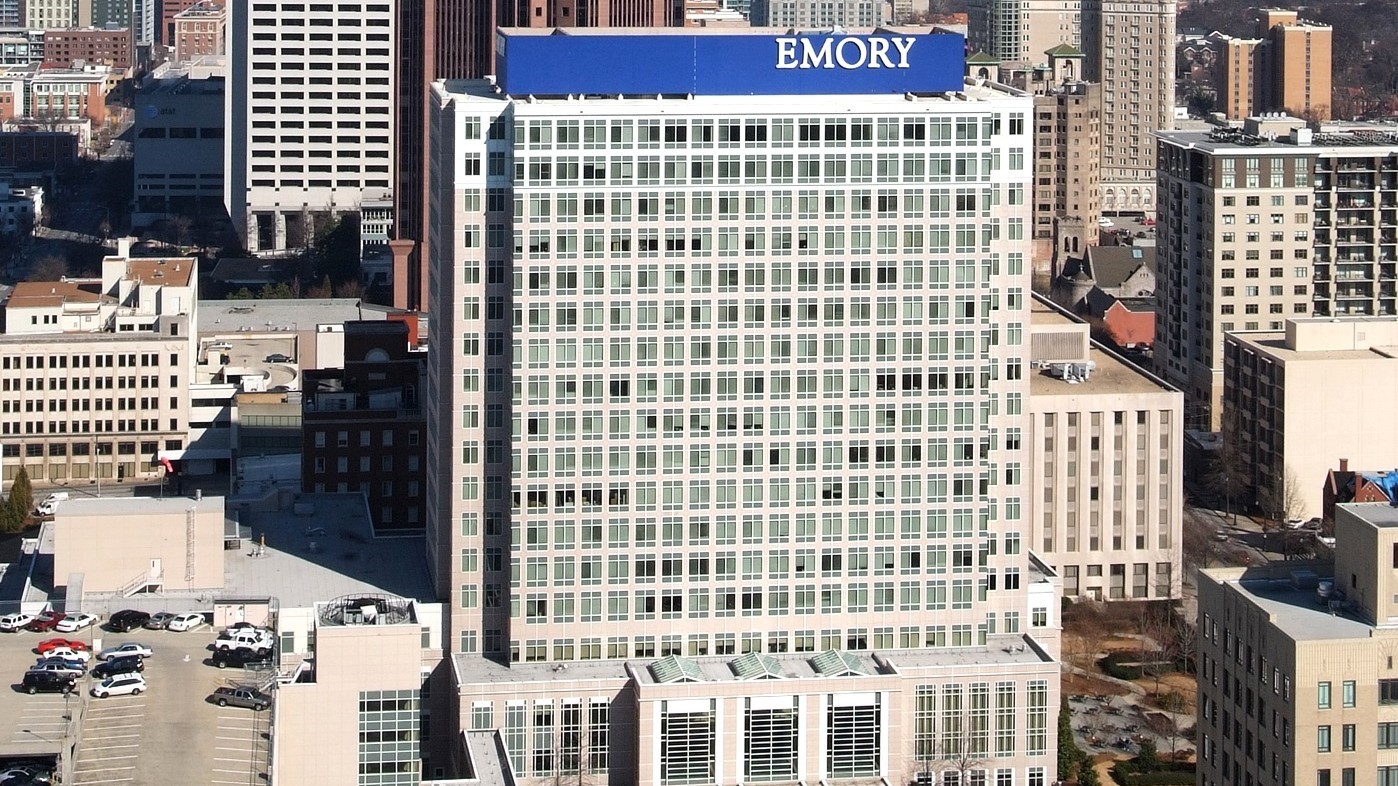
2010
Emory Family Medicine Clinic in Dunwoody opened as primary clinic site
In 2010, the Emory Family Medicine Clinic in Dunwoody opened as the ideal site for Family Medicine residency training and community based primary care practice.
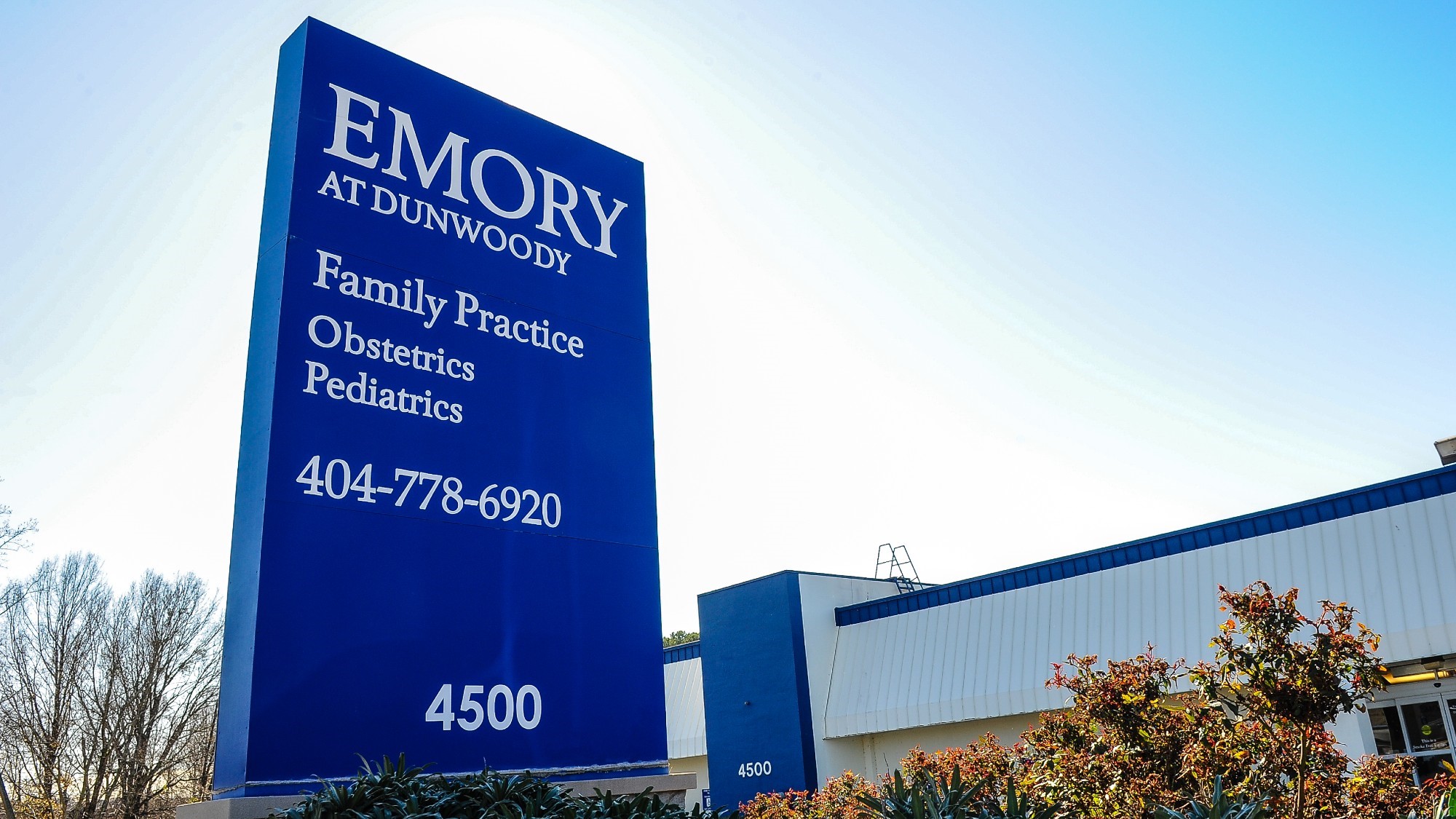
2011
Katherine Heilpern, MD named Interim Chair
In 2011, Dr. Katherine Heilpern, MD, Chair of the Department of Emergency Medicine at Emory became the Interim Chair of the Department of Family and Preventive Medicine.
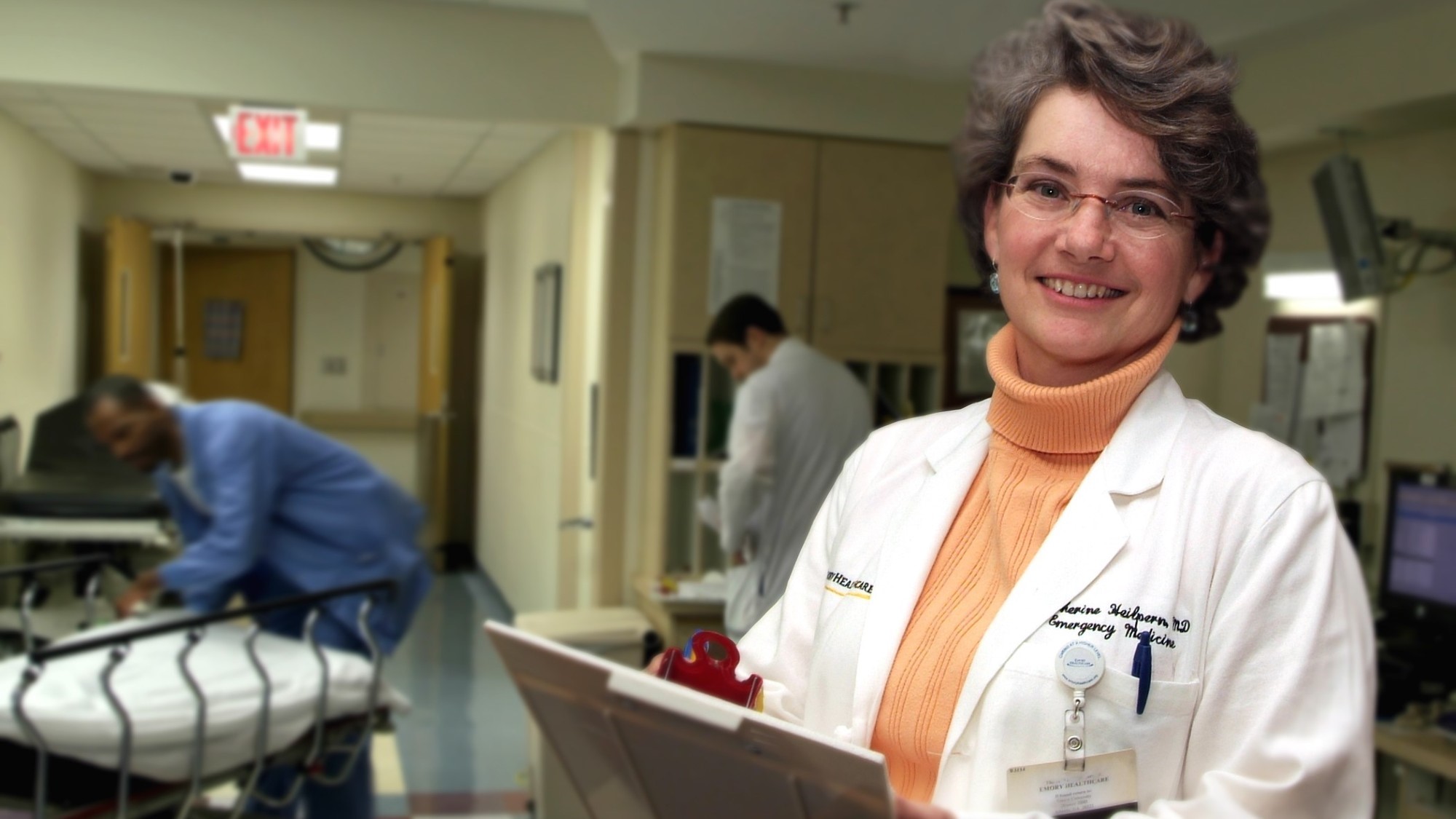
2014
Theodore M. Johnson II, MD, MPH was named Chair
Theodore M. Johnson II, MD, MPH became chair, Department of Family and Preventive Medicine.
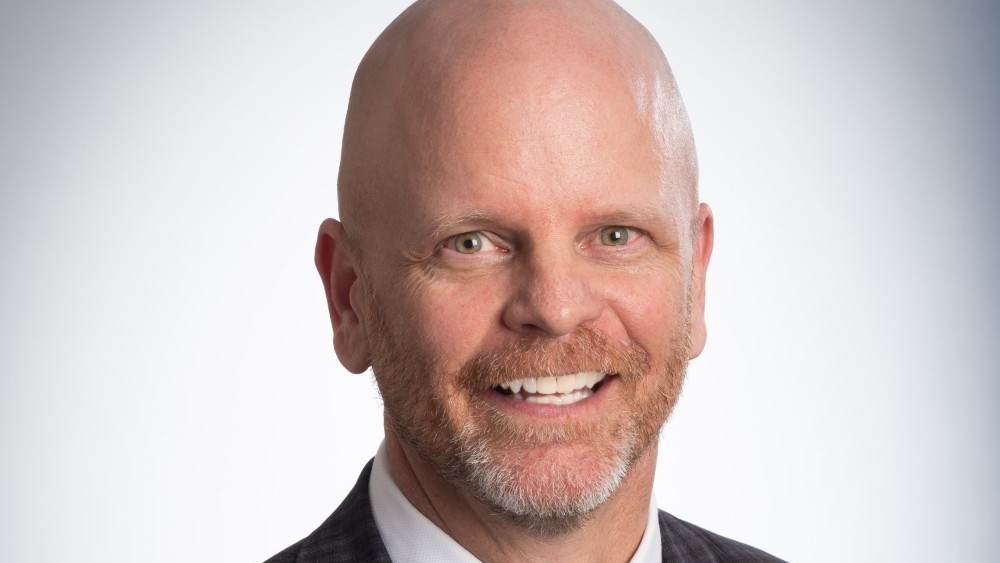
2016
The Department joins the Emory Primary Care Consortium as a founding supporter.
2019
Palliative Care Faculty join the Department
In 2019, the Department of Family and Preventive Medicine became the academic home for Palliative Medicine faculty who engage in education and research.
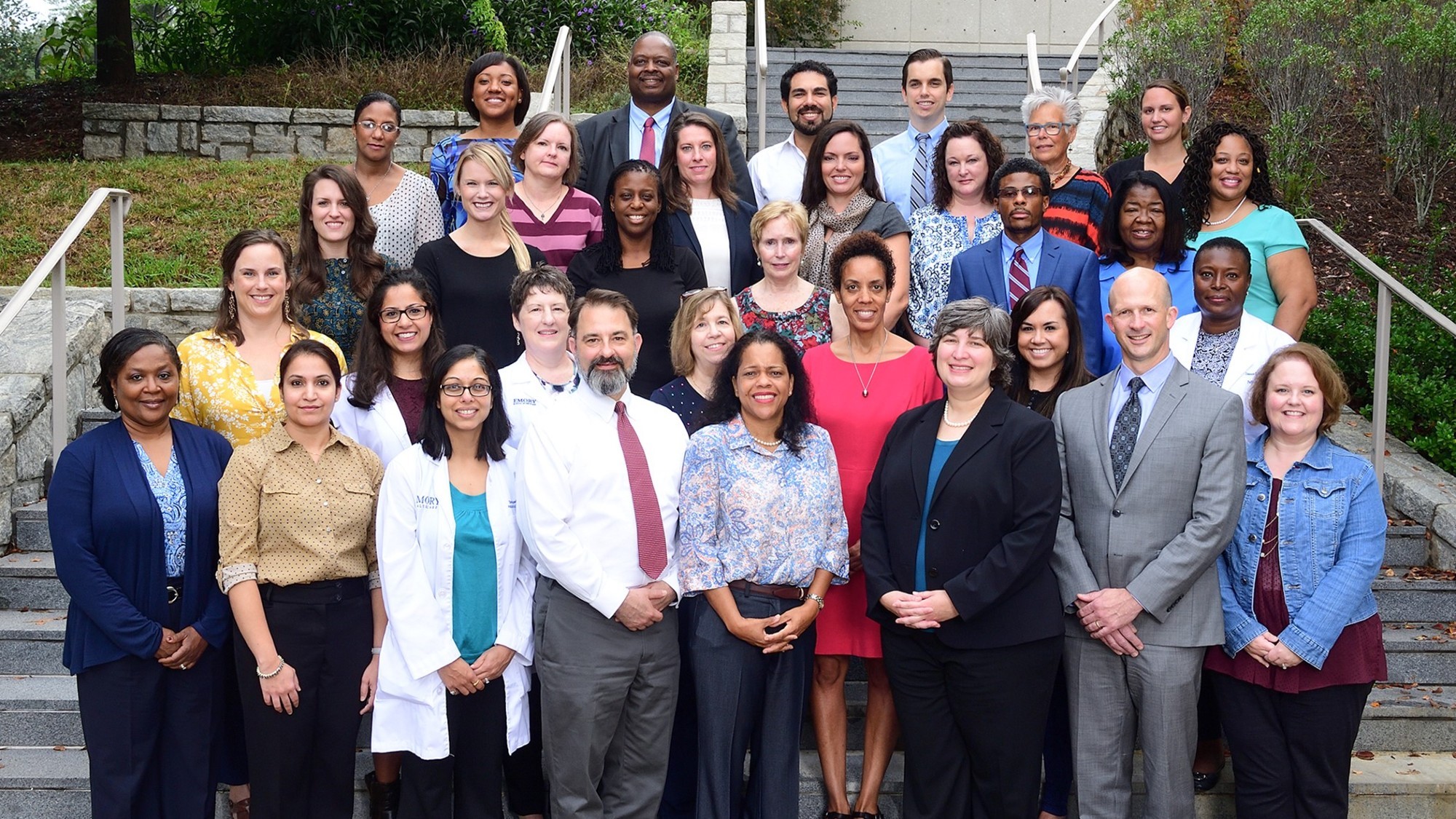
2019
The first of three newly created Vice Chair positions is filled as Dr. Mo Ali becomes our first Vice Chair for Research.
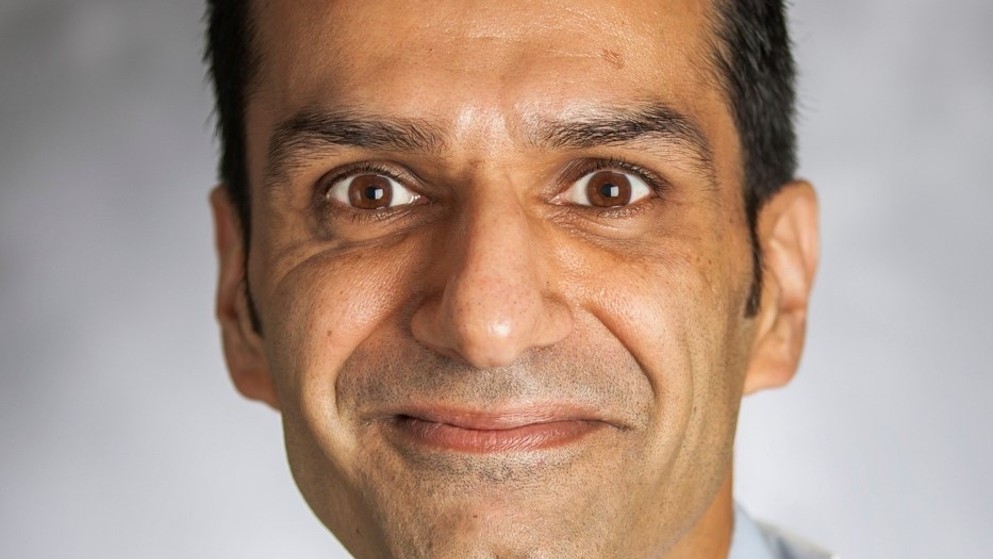
2020
Drs. Kimberly Curseen and Antonio Graham are selected as our first department Co-Vice Chairs for Diversity, Equity, and Inclusion. Dr. Lynn O’Neill becomes our first Vice Chair for Faculty Development.
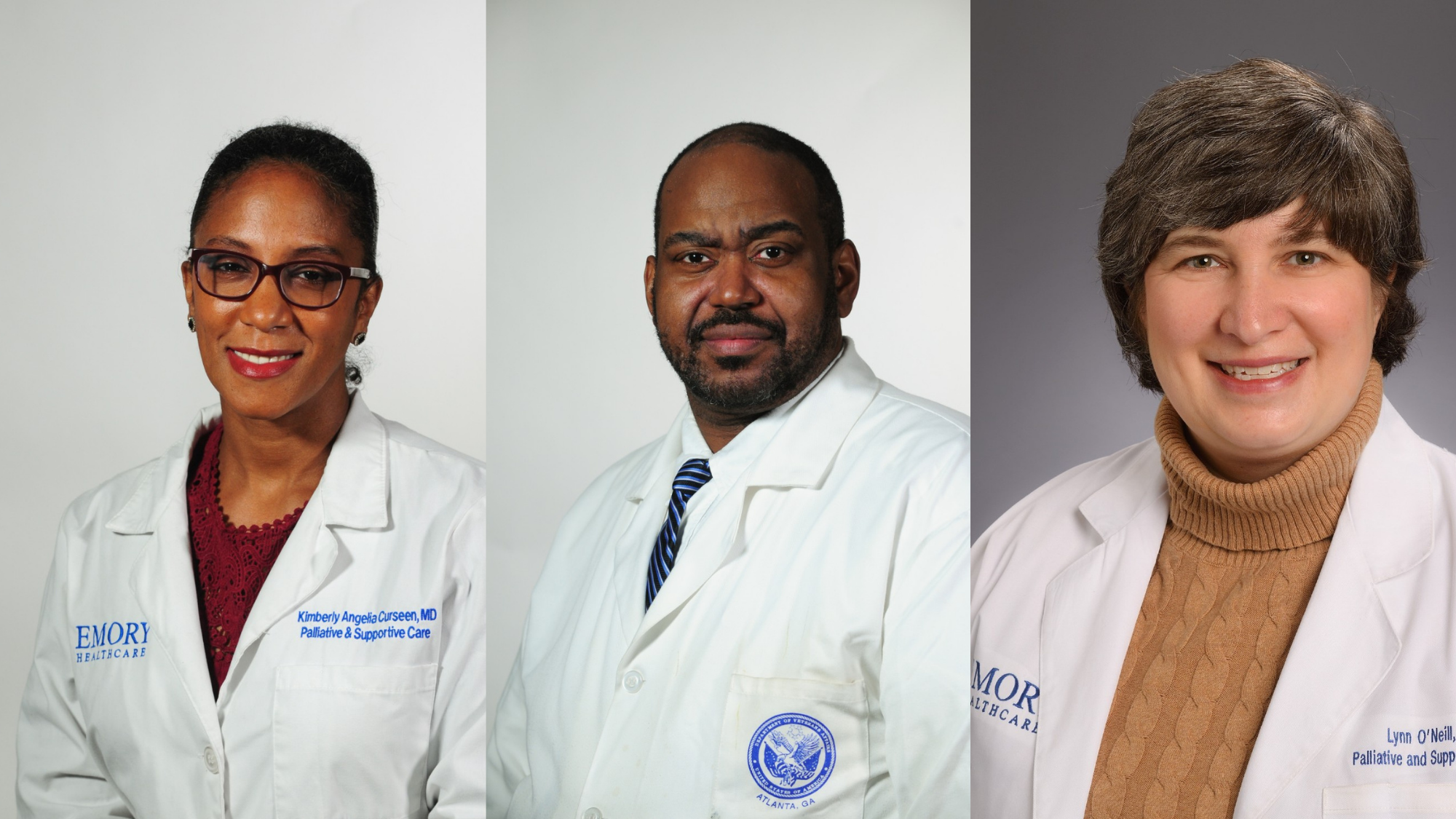
2021
The Physician Assistant Program celebrates its 50th anniversary.


